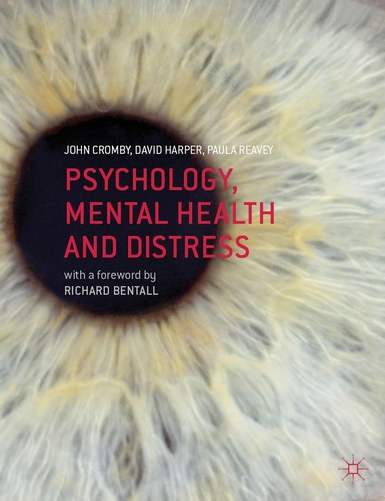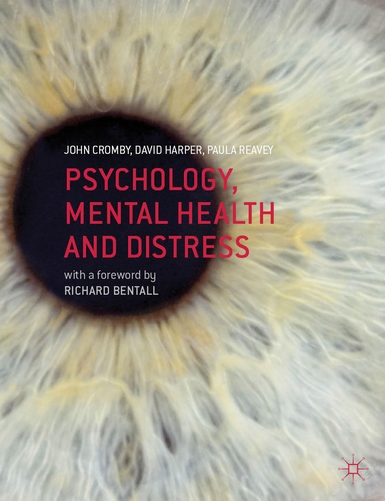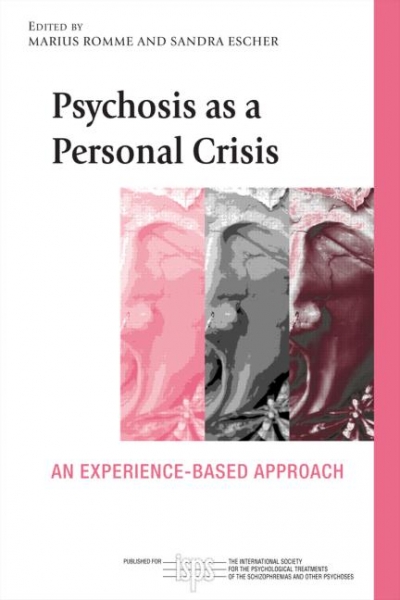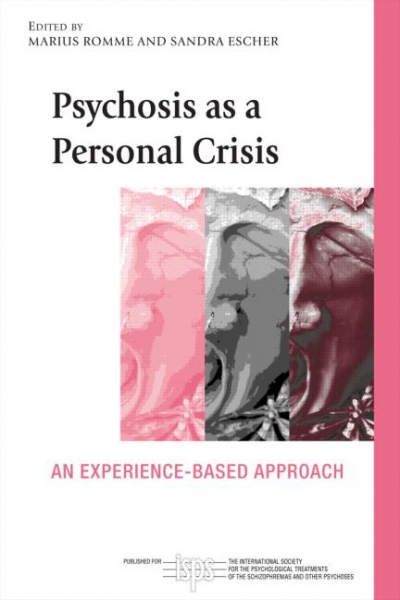Attachment & Child Development
On The Web
The Bowlby Centre – www.thebowlbycentre.org.uk
An organisation committed to the development, promotion and practice of attachment-based and relational psychotherapy.
In Print
Attachment: New Directions in Psychotherapy and Relational Psychoanalysis – http://www.karnacbooks.com/JournalDetail.asp?ID=5
A new leading edge journal for clinicians working relationally with their clients; it is a professional journal, not an academic journal, featuring cultural articles, politics, reviews and poetry relevant to attachment and relational issues; an inclusive journal welcoming contributions from clinicians of all orientations seeking to make a contribution to attachment approaches to clinical work.
Axline, V. (new edition 1990). Dibs in Search of Self: Personality Development in Play Therapy. Penguin.
Benamer, S. (2010). Telling Stories? Attachment-Based Approaches to the Treatment of Psychosis. Karnac.
Bowlby, J. (1999). Attachment. Attachment and Loss (vol. 1) (2nd ed.). New York: Basic Books.
Bowlby, J. (1973). Separation: Anxiety & Anger. Attachment and Loss (vol. 2); (International psycho-analytical library no.95). London: Hogarth Press.
Bowlby, J. (1980). Loss: Sadness & Depression. Attachment and Loss (vol. 3); (International psycho-analytical library no.109). London: Hogarth Press.
Bowlby, J. (1988). A Secure Base: Parent-Child Attachment and Healthy Human Development. Tavistock professional book. London: Routledge.
Bowlby, J. (new edition 2005). The Making & Breaking of Affectional Bonds. Routledge Classics.
Gerhardt, S. (2004). Why Love Matters: How Affection Shapes a Baby’s Brain. Routledge.
Stern, D. (1992). Diary of a Baby: What Your Child Sees, Feels, and Experiences. Basic Books; New edition.
Stern, D. (2000).The Interpersonal World of the Infant: A View from Psychoanalysis and Development Psychology. Basic Books.
Sinason, V. (2002). Attachment, Trauma and Multiplicity: Working with Dissociative Identity Disorder. Brunner-Routledge
Winnicott, D.W. (1965). The Maturational Processes and the Facilitating Environment: Studies in the Theory of the Emotional Development, London, Hogarth Press.
Winnicott. D.W. (new edition 2000). The Child, the Family, and the Outside World. Penguin.
Winnicott. D.W. (new edition 2006). The Family and Individual Development. Routledge Classics.
Winnicott. D.W. (new edition 1991). The Piggle: An Account of the Psychoanalytic Treatment of a Little Girl. Penguin.
Winnicott. D.W. and Winnicott, C. (new edition 1990). Home is Where We Start from: Essays by a Psychoanalyst. Penguin.
 Psychology, Mental Health and Distress is a groundbreaking new text from John Cromby, David Harper and Paula Reavey. Whereas other texts are structured by diagnostic categories and are biologically reductive, this book places biology as well as the experience of distress itself in its social, cultural and historical context.
Psychology, Mental Health and Distress is a groundbreaking new text from John Cromby, David Harper and Paula Reavey. Whereas other texts are structured by diagnostic categories and are biologically reductive, this book places biology as well as the experience of distress itself in its social, cultural and historical context.



